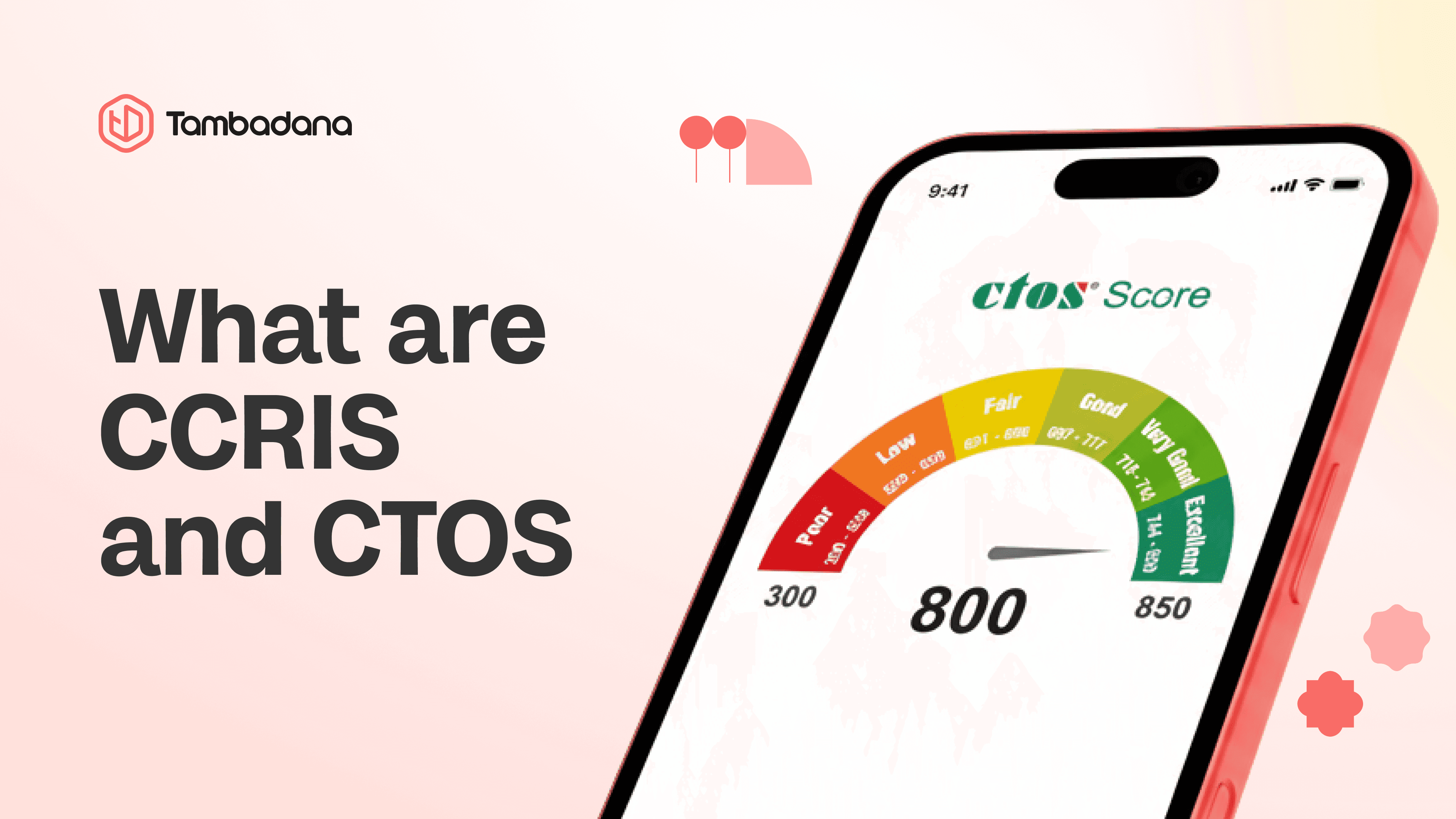Mastering Your Credit Score in Malaysia: Why It Matters and How to Improve It
Mastering Your Credit Score in Malaysia: Why It Matters and How to Improve It
Your credit score plays a crucial role in your financial journey, influencing your ability to secure loans, credit cards, and favorable interest rates. A strong credit score can open doors to better financial opportunities, while a poor score can limit your options. Understanding how credit scores work and how to improve them is essential for achieving financial stability in Malaysia.
- 1.
Understanding Your Credit Score
- 2.
Why Your Credit Score Matters
- 3.
How to Improve Your Credit Score
- 4.
Conclusion
What is a Credit Score?
A credit score is a numerical representation of your creditworthiness, based on an analysis of your credit history. In Malaysia, credit scores typically range from 300 to 850, with higher scores indicating better financial health.
How is Your Credit Score Calculated?
Credit reporting agencies such as CCRIS (Central Credit Reference Information System) and CTOS monitor and analyze your credit activities to generate your score. Several factors contribute to your credit score, including:
- Payment History – Whether you pay your bills on time.
- Credit Utilization Ratio – The percentage of your available credit that you use.
- Length of Credit History – The duration of your credit accounts.
- New Credit Applications – How often you apply for new credit.
Why Your Credit Score Matters
Your credit score impacts multiple aspects of your financial life:
- Loan Approvals: A good credit score increases your chances of securing personal, home, and business loans.
- Better Loan Terms: Borrowers with high credit scores enjoy lower interest rates, higher credit limits, and more favorable repayment terms.
- Employment & Rental Applications: Some employers and landlords consider credit scores when assessing candidates for jobs or rental agreements.
How to Improve Your Credit Score
The most significant factor in your credit score is payment history. Late payments can negatively impact your score, so set up automatic payments or reminders to ensure you never miss a due date.
Reduce Your Credit Utilization Ratio
Your credit utilization ratio (the amount of credit used compared to your limit) should ideally be below 30%. Keeping credit card balances low and avoiding maxing out your credit cards can significantly boost your score.
Keep Old Credit Accounts Open
The length of your credit history matters. Keeping older credit accounts open (as long as they are in good standing) can help maintain a higher score. Closing old accounts may shorten your credit history and reduce your score.
Limit New Credit Applications
Every time you apply for credit, it results in a hard inquiry, which can temporarily lower your score. Only apply for new loans when absolutely necessary to avoid unnecessary impacts on your score.
Check Your Credit Report Regularly
Errors in your credit report can negatively impact your score. Review your credit report regularly and dispute any inaccuracies with CCRIS or CTOS to ensure your score reflects accurate information.



